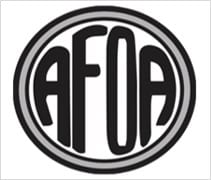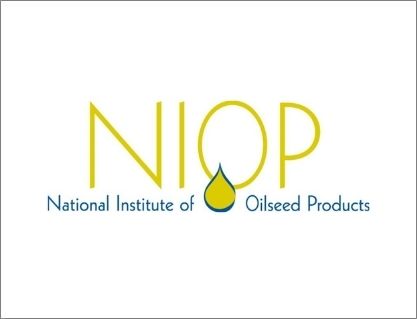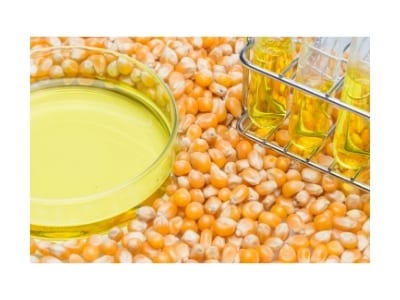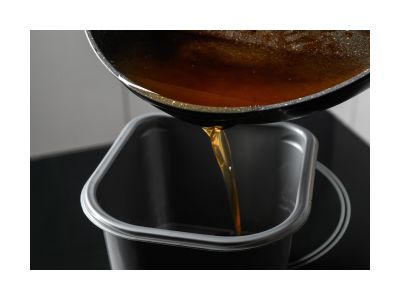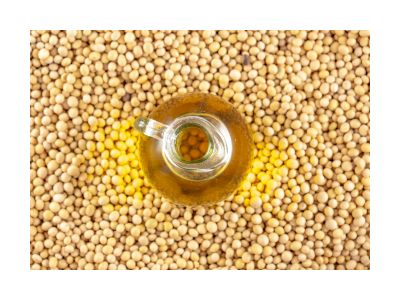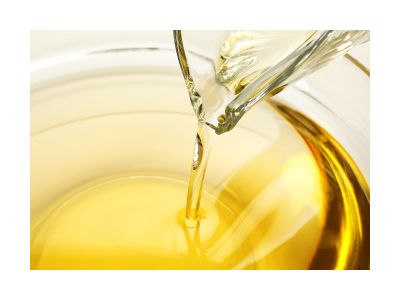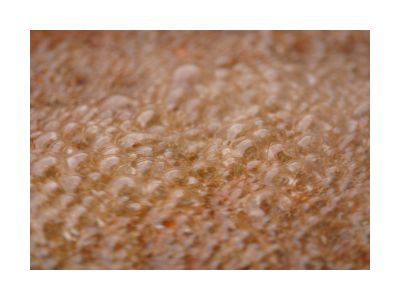Poultry Fat Feedstock
As the world continues to focus on reducing carbon emissions and promoting renewable energy, there is a growing demand for waste-based feedstocks for the production of renewable fuels like biodiesel. Offering excellent performance characteristics at a low cost, Poultry fat is one such feedstock that holds promise.
As an ISCC-certified feedstock supplier, Targray is well-positioned to help meet the growing demand for poultry fat supply solutions for biodiesel manufacturing. Our dedicated team of trade, logistics, and compliance experts work closely with customers to ensure a reliable and efficient supply of poultry fat feedstock, while also ensuring compliance with regulatory requirements.
- International ISCC-certified waste oil supplier with extensive renewable fuel and feedstock experience
- Direct access to waste-based biodiesel producers and suppliers across Asia, Europe and the Americas
- Bulk poultry fat procurement programs with flexible pricing options
- Considerable expertise surrounding compliance and supply chain sustainability
- Real-time pricing and product availability information for customers
- Turnkey logistics services managed entirely in-house
- Sales offices throughout North America, Europe, the Middle East and Asia
Poultry Fat as a Biodiesel Feedstock
Poultry fat is a byproduct of the poultry industry, typically sourced from chickens and turkeys. It is a high-calorie and high-fat material, which has traditionally been used as an animal feed ingredient. However, in recent years, poultry fat has gained attention as a potential feedstock for biodiesel production, due to its high energy content and lower cost compared to other feedstocks.
Poultry fat has several advantages as a feedstock for biodiesel production. First, it is a renewable resource that is domestically produced, reducing dependence on imported petroleum. Second, it has a lower carbon footprint compared to petroleum-based diesel, as the feedstock comes from a waste product and is therefore considered carbon-neutral. Third, it is a cost-effective feedstock, which can make biodiesel more competitive compared to petroleum-based diesel.
In addition to the benefits of using poultry fat as a feedstock for biodiesel, the process of producing biodiesel can also have positive impacts on sustainability. For example, the use of poultry fat as a feedstock for biodiesel can divert waste from landfills and reduce greenhouse gas emissions from the decomposition of organic waste. Moreover, the production of biodiesel from poultry fat can create new opportunities for farmers and rural communities, by providing a new source of income from an underutilized feedstock.
Feedstock Industry Partner Associations
Related Content
Feedstock
Targray is a major international supplier of biofuel feedstock – the source material used to produce renewable fuels like biodiesel, renewable diesel fuel and ethanol.
Animal Tallow
Animal tallow – a rendered form of fat which includes beef tallow, pork lard, and chicken fat – is an increasingly attractive feedstock option for renewable fuel manufacturers.
Used Cooking Oil (UCO)
Targray is well-positioned to meet this demand growth with wholesale used cooking oil solutions aimed at creating value and strengthening the supply chain.
Soybean Oil (SBO)
In the United States, the growth of the biodiesel sector has resulted in a larger share of the domestic soybean oil supply to be consumed as biofuel feedstock.
Yellow Grease
Using yellow grease feedstock can help biofuel producers achieve lower C.I. values for their products, which in turn makes them more attractive on international markets.
Brown Grease
Targray is an ISCC-certified international provider of brown grease supply solutions, primarily for use as a feedstock in biodiesel production.

